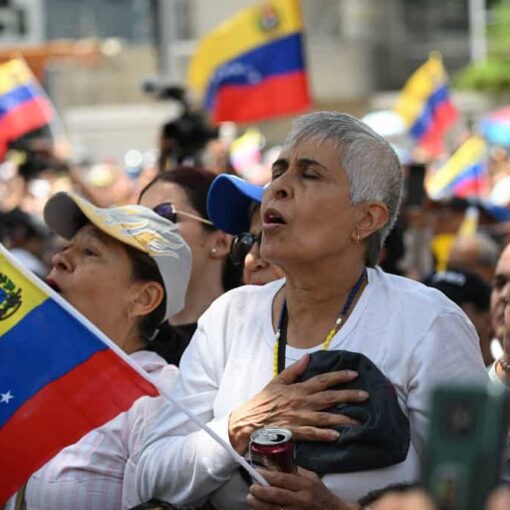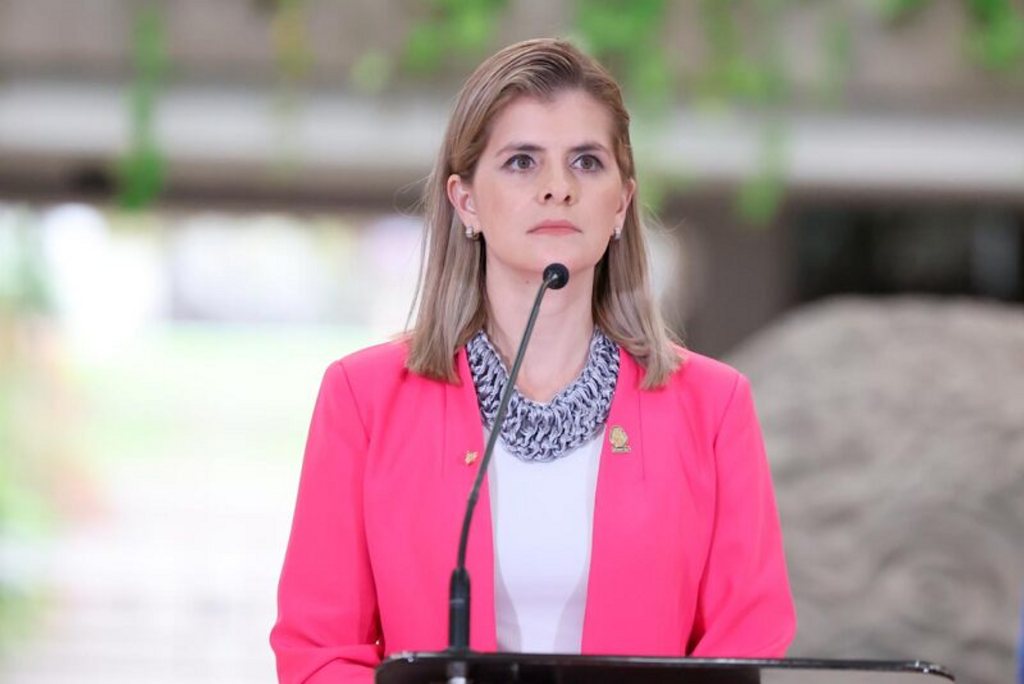QCOSTARICA — Catholic Church groups in Costa Rica claim that the government is not providing sufficient assistance to migrants, with some activists suggesting that the responsibility for immigrants has largely been shifted to the Catholic Church due to the ongoing migrant crisis in the country.
The comments follow the tragic deaths of a 33-year-old Ecuadorian immigrant and her six-year-old daughter on February 28. The woman was traveling through the country along with a group of seven people when the vehicle that was taking them to the Nicaraguan border, in the northern region of Costa Rica, fell into the River Medio Queso, near Los Chiles.
The only passengers who were unable to escape were the mother and daughter, and their bodies were recovered from the riverbed by divers.
– Advertisement –
Father Luis Carlos Aguilar, a coordinator of the Latin American and Caribbean Ecclesial Network on Migration, Displacement, Refuge and Human Trafficking (known as Red Clamor) in Costa Rica, noted that “Their deaths are a signal of a general migrant crisis in Costa Rica. People have to walk through dangerous locations and end up being caught by criminals thanks to the lack of governmental action.”
The location where the accident occurred is a well-known section of the route frequently utilized by criminal organizations for the illegal transportation of immigrants heading north toward the United States.
A deal between Costa Rica and Panama guarantees that migrants who traverse the perilous Darien region, a rainforest area between Colombia and Panama, are directed to buses that will take them to the Costa Rican border at Paso Canoas, where they can take buses to the northern border.
However, Church activists who aid migrants have reported that several issues can arise throughout this procedure, given that the final stop of the buses is near the border and not at the border, where migrants have to take other means of transport, which could include the use of ‘coyotes’, the Spanish term used for smugglers who help migrants cross the border.
“Those buses are provided by the government, but the migrants have to pay for their tickets. Those who don’t have any money end up taking other routes, and that can be risky,” said Aguilar, who is also the director of the Diocese of Puntarenas’ Caritas charity.
“The ‘humanitarian’ buses provided by the government put the migrants in the hands of the criminals. At least 1,000-1,200 people arrive every day. And it happens every day,” explained Roy Arias, the coordinator of border services at the Jesuit Migrants Service.
– Advertisement –
The zone is dominated by a mafia-like organization known as ‘Los Talibanes’, which controls drug trafficking and other illicit activities in the area, including the irregular transportation of immigrants.
The migration flow consists mainly of individuals from Venezuela, Ecuador, Colombia, and Haiti, as well as individuals from African countries, Bangladesh, India, Pakistan, and Afghanistan.
Aguilar claims that the Costa Rican government has virtually transferred the responsibility for the migrants to the Church and other civic organizations, given that it simply does not offer any assistance to them.
The crisis led the Jesuit Migrants Service to release a statement last month, urging Costa Rican authorities to intervene.
– Advertisement –
“The Costa Rican State is obliged to act to reduce the numerous vulnerabilities of those who undertake the migratory journey. The obligation to identify and bring to justice the criminal groups that endanger the families traveling cannot be neglected,” the statement read.
The public letter also criticizes the Costa Rican press for failing to adequately inform the population about the crisis and the responsibilities of the government in that context.
The declaration concludes by saying that the State must “predict the risks” and deal with the migrant crisis by defining “human rights as a priority, something that comes first to any other interest”.
Arias argues that the government must first of all “recognize that Costa Rica is part of an intense migrant route and that is not something temporary”.
“That crisis has been growing over the past ten years, but the authorities pretend that it’s transitory. They have to understand that it’s a structural situation and that policies are urgently needed,” explained Arias.
While some progress has been achieved “We still need the regulations that will determine how those programs will be executed,” Arias said.
– Advertisement –
Source link
Rico



